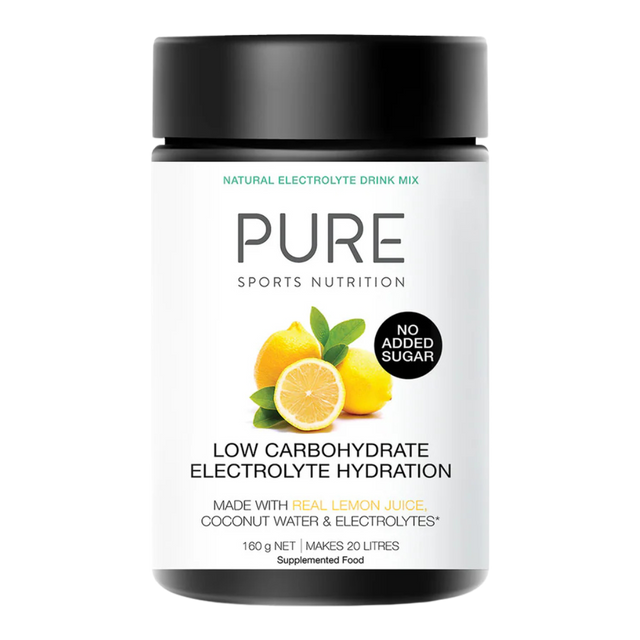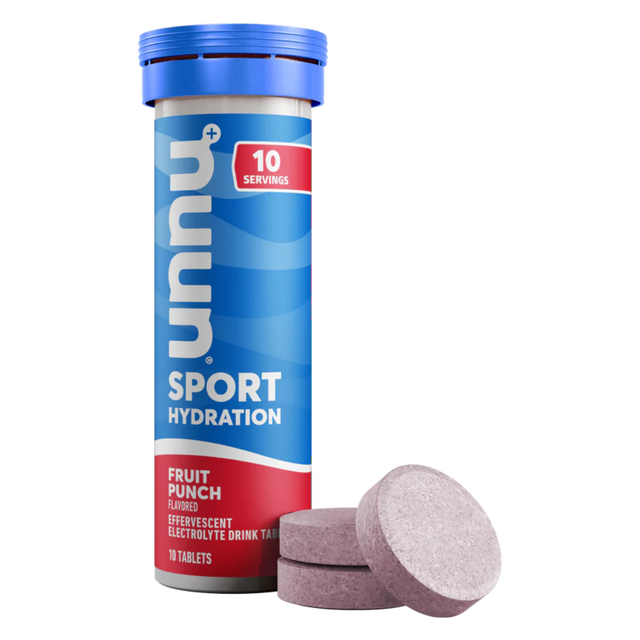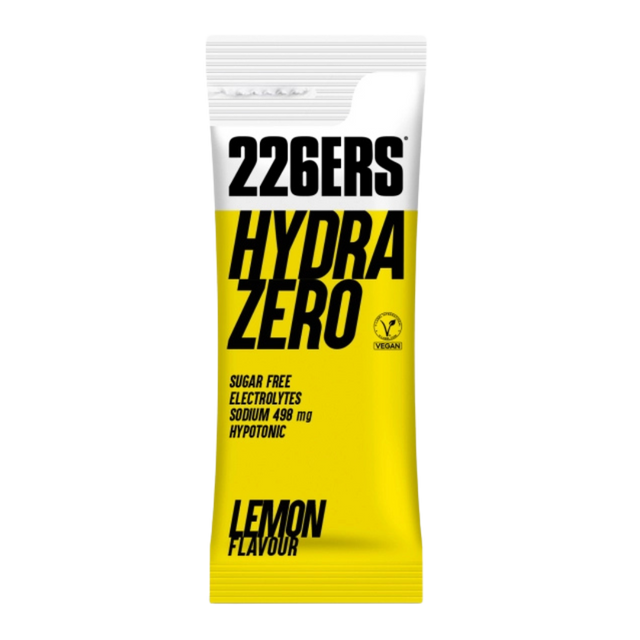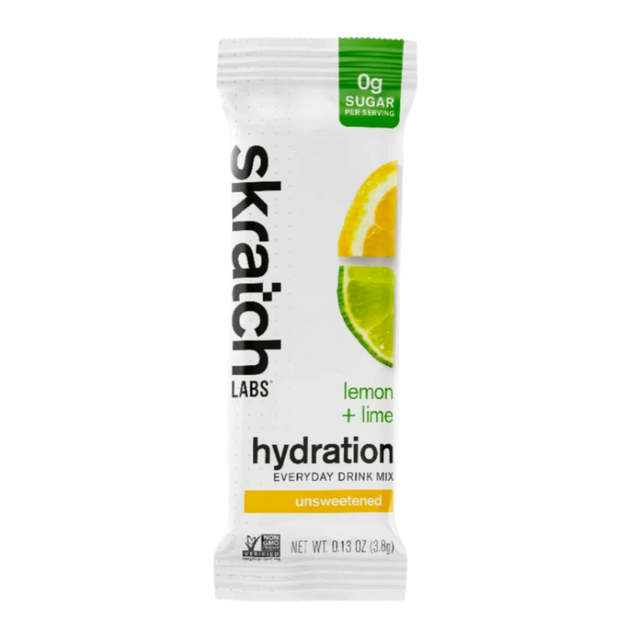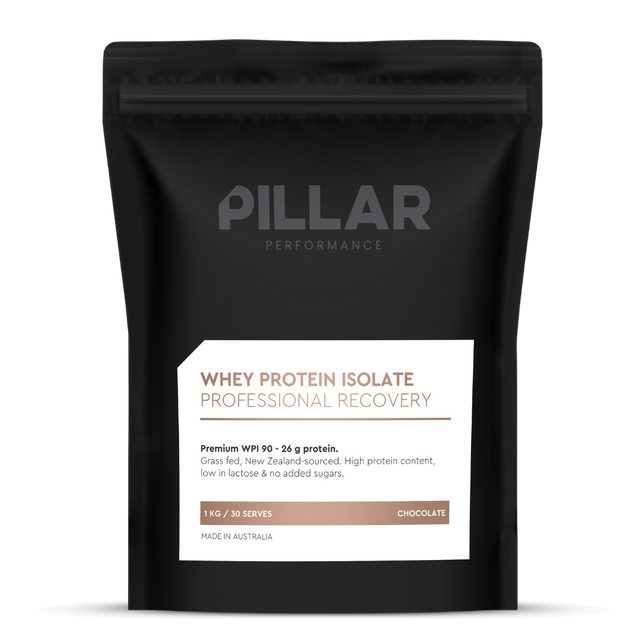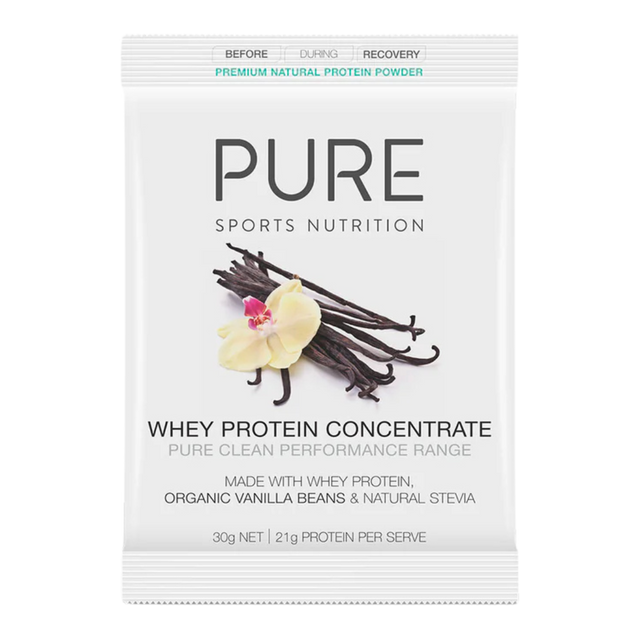Fuelling Your Comeback: Marathon Recovery Nutrition
After 42.2km of pounding the pavement, each stride sending 2 to 8 times your body weight through your legs, it’s no surprise your muscles are feeling wrecked. Microtears? Plenty. Inflammation? You bet. Swelling? Likely on its way. Hydration, nutrition and rest are your best friends right now. But what’s the smartest way to bounce back and maybe even walk like a human tomorrow? Let’s break down marathon recovery nutrition, minus the fluff.
How Hydration Supports Recovery
After a marathon, hydration is crucial for replacing fluids and electrolytes lost through sweat, helping to restore blood volume and prevent dehydration. Proper rehydration supports muscle repair, reduces cramping, and aids in flushing out metabolic waste, all of which accelerate recovery and reduce fatigue (1).
To adequately rehydrate after exercise we want to replenish 125 -150% of fluids lost with a hydration source that contains sodium with a small amount of carbs in the 4-6 hours following exercise (2,3,4). More information on adequate rehydration after exercise can be found in one of my prior articles here.
Some great rehydration products are:
→ Dr. Hydrate All-In-One Drink
→ Pure Sports Nutrition Electrolyte Hydration Low Carb
→ Nuun Sports Hydration Tablets
→ Veloforte Electrolyte powder
→ Huma Gel Hydration Drink Mix
→ 226ERS Hydrazero Hypotonic Drink
→ Skratch Labs Everyday Hydration Drink Mix
How Nutrition Supports Recovery
Nutrition plays a critical role in supporting recovery after a marathon by replenishing energy stores, repairing muscle tissue and reducing inflammation. Consuming carbohydrates as close to finishing as possible (ideally within 2 hours after finishing) helps restore depleted muscle and liver glycogen, while protein supports muscle repair and adaptation (5).
Energy Needs Post Marathon
In regards to nutrition, the International Society of Sports Nutrition recommends males eat within up to 1.2 grams of carbohydrates for every kilogram of body weight as close to finishing exercise as possible (6). In addition to getting good quality carbohydrates you also want to supplement this with about 25-35g of good quality protein. An example of this could be:
→ 120g cooked chicken breast
→ 1 cup cooked jasmine rice
→ 1/2 cup roasted sweet potato
→ 1/2 cup edamame
→ 1/2 avocado
→ 1 tbsp sweet chili sauce
[ 740 Cal. 37g Pro. 14g Fat. 115g Carbs]
Females want to have around 60-100g of carbohydrates, 15-20g of fat and 30-40g of protein straight after finishing exercise. This will help replace glycogen and fat stores in your muscles, increase protein synthesis, reduce cortisol levels and regulate hormone synthesis which prevents long term catabolic state and menstrual disturbances (7, 8, 9). An example of this could be:
→ 1.5 cups of oats with water or milk
→ 1 scoop of PILLAR Performance Grass-Fed Whey Protein Isolate
→ 1.5 Tbsp of 100% nut butter
→ 1 banana
[ 585 Cal. 39g Pro. 18g Fat. 72g carbohydrates]
Both genders may benefit from supplementation with PILLAR Performance Triple Magnesium Powder. It is a triple threat in your recovery arsenal. It may help to support muscle health, reduce muscle cramps and enhance your body's adaptation to stress (10).
Read more about post exercise nutrition here.
My Favourite Convenient Recovery Options
→ Plain greek yoghurt small tub or pouch + banana
→ Cheese and cracker packet + beef jerky
→ Overnight oats with greek yoghurt and grated apple
→ Sirena Brown Rice & Quinoa With Tuna 170g
→ PURE Sports Nutrition Whey Protein 30g Sachet with milk
→ Radix Nutrition Whey Protein Smoothie Sachet with water or milk
Sleep & Active Recovery
Sleep
Getting 7-9 hours of high-quality sleep is essential for muscle repair, boosting the immune system, and supporting overall recovery after exercise. For long-distance runners especially, prioritising restful sleep post marathon plays a key role in recovery and injury prevention (11).
Light activity
The current research on active recovery is mixed, while it doesn't strongly confirm its effectiveness in reducing muscle soreness or accelerating blood lactate clearance, it also doesn’t dismiss its value. Gentle, low-impact activities like walking, cycling, or swimming may support circulation and relieve muscle tightness. When combined with adequate nutrition, active recovery appears to be at least as effective as rest, particularly in well-trained athletes (12).
Rest From Running
Levels of muscle damage markers, such as creatine kinase and cardiac troponin, stay elevated for several days after a marathon. To allow the body to recover from this ongoing muscle and physiological stress, it’s generally recommended to take about 5 to 7 days off from running post-race (13, 14, 15).
Summary
After a marathon, proper hydration and nutrition are essential to replenish fluids, energy stores, support muscle repair and reduce inflammation. Restraining from running for 5-7 days with adequate sleep, gentle active recovery and targeted nutrition helps speed up recovery so you can hit the ground running for the next marathon you just signed up for.
Ash Miller
Dietitian and Nutritionist (Masters)
Bachelor of Physical and Health Education
Instagram: @ashthomo_nutrition
Disclaimer:
The content in this blog is for general information only and is not a substitute for professional medical advice, diagnosis, or treatment. Always speak with your doctor or allied health team before changing your diet, exercise, or taking supplements, especially if you have a health condition or take medication. Please use this information as a guide only. Aid Station doesn't take responsibility for individual outcomes.
References:
1. Cheuvront, S. N., & Kenefick, R. W. (2014). Dehydration: Physiology, assessment, and performance effects. Comprehensive Physiology, 4(1), 257–285. https://doi.org/10.1002/cphy.c130017
2. Maughan RJ, Shirreffs SM. Recovery from prolonged exercise: restoration of water and electrolyte balance. J Sports Sci. 1997 Jun;15(3):297-303. doi: 10.1080/026404197367308. PMID: 9232555.
3. Ly NQ, Hamstra-Wright KL, Horswill CA. Post-Exercise Rehydration in Athletes: Effects of Sodium and Carbohydrate in Commercial Hydration Beverages. Nutrients. 2023 Nov 12;15(22):4759. doi: 10.3390/nu15224759. PMID: 38004153; PMCID: PMC10674530.
4. Evans GH, Shirreffs SM, Maughan RJ. Post-exercise rehydration: Effect of consumption of water or a carbohydrate–electrolyte solution. Nutrition. 2017;34:21–26. doi:10.1016/j.nut.2016.09.002.
5. Naderi A, Rothschild JA, Santos HO, Hamidvand A, Koozehchian MS, Ghazzagh A, Berjisian E, Podlogar T. Nutritional Strategies to Improve Post-exercise Recovery and Subsequent Exercise Performance: A Narrative Review. Sports Med. 2025 Jul;55(7):1559-1577. doi: 10.1007/s40279-025-02213-6. Epub 2025 Apr 12. PMID: 40221559; PMCID: PMC12297025.
6. Kerksick CM, Arent S, Schoenfeld BJ, et al. International Society of Sports Nutrition position stand: Nutrient timing. J Int Soc Sports Nutr. 2017;14:33. doi:10.1186/s12970-017-0189-4
7. Michaela C. Devries, Mazen J. Hamadeh, Stuart M. Phillips, and Mark A. Tarnopolsky. Menstrual cycle phase and sex influence muscle glycogen utilization and glucose turnover during moderate- intensity endurance exercise. 291, R1120-1128 (2006).
8. Roy, B. et al. “The influence of post-exercise macronutrient intake on energy balance and protein metabolism in active females participating in endurance training.” International journal of sport nutrition and exercise metabolism 12 2 (2002): 172-88 .
9. Jäger, R., Kerksick, C.M., Campbell, B.I. et al. International Society of Sports Nutrition Position Stand: protein and exercise. J Int Soc Sports Nutr 14, 20 (2017). https://doi.org/10.1186/s12970-017-0177-8
10. Volpe SL. Magnesium in disease prevention and overall health. Adv Nutr. 2013 May;4(3):378S-83S. doi:10.3945/an.112.003483.
11. Nikolaidis PT, Weiss K, Knechtle B, Trakada G. Sleep in marathon and ultramarathon runners: a brief narrative review. Front Neurol. 2023 Sep 22;14:1217788. doi: 10.3389/fneur.2023.1217788. PMID: 37822525; PMCID: PMC10563314.
12. Li, S., Kempe, M., Brink, M. et al. Effectiveness of Recovery Strategies After Training and Competition in Endurance Athletes: An Umbrella Review. Sports Med - Open 10, 55 (2024). https://doi.org/10.1186/s40798-024-00724-6
13. Nielsen HB, Secher NH, Christensen MK, et al. Recovery of performance and biochemical markers following marathon running. Scand J Med Sci Sports. 2005;15(3):173–180. doi:10.1111/j.1600-0838.2004.00425.x
14. Baird MF, Graham SM, Baker JS, Bickerstaff GF. Creatine-kinase- and exercise-related muscle damage implications for muscle performance and recovery. J Nutr Metab. 2012;2012:960363. doi:10.1155/2012/960363
15. Shave R, Baggish A, George K, et al. Exercise-induced cardiac troponin elevation: Evidence, mechanisms, and implications. J Am Coll Cardiol. 2010;56(3):169-76. doi:10.1016/j.jacc.2010.03.037


